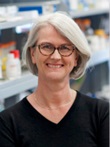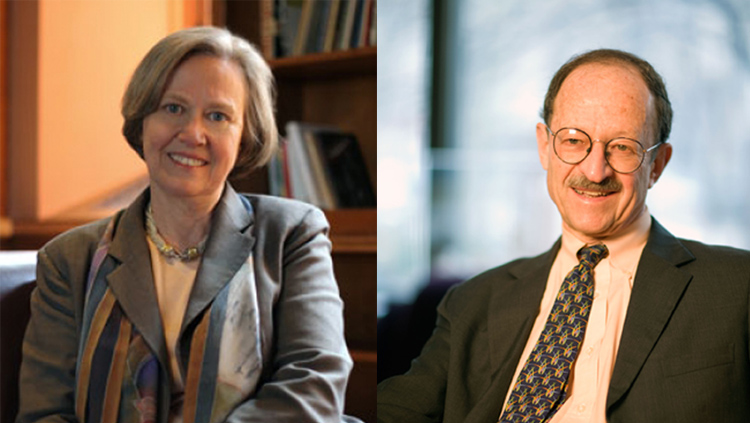Five Decades of Neuroscience Discovery

The 49th meeting and official kick off of the Society for Neuroscience’s 50-year celebration in Chicago is just around the corner. Not to be missed is Fei Fei Li, a giant in the field of artificial intelligence (AI) who is inspired by human vision, opening the meeting Saturday morning. In a timely dialogue with us, Fei Fei Li will explore the intersection of AI and neuroscience. On subsequent successive days, four presidential lecturers will illustrate the importance of basic science toward advancing knowledge with broad impact.
Our Scientific Program Committee, led by Patricia Janak, has spent the year putting together a tremendous 2019 program of events including special lectures from remarkable scientists from across the globe, and thousands of you — SfN members — will present research, catalyze scientific discourse, and seed new ideas that will feed the 50th annual meeting in Washington, D.C. in 2020 and on and on.
I want to thank all of you who have contributed to and who will contribute to SfN pushing the scientific bar higher, year after year, to make the SfN annual meeting second to none. Also, much thanks to those who did the heavy lifting on the trainee award selection committee, which reviewed over 1,300 applications to give almost 200 trainees the opportunity to share their research at the annual meeting. As I have asked before, I hope you will consider supporting the trainee development awards program so that many more trainees from around the world can benefit from this and other training opportunities offered by SfN.
“Students and trainees are beacons into the future, and our community is essential for them to achieve their research aspirations.”Students and trainees are beacons into the future, and our community is essential for them to achieve their research aspirations. Trainee members from across the world are joining SfN in growing numbers, and providing high-quality training opportunities is therefore not just the right thing to do, but essential. SfN’s volunteer leadership is at the core of the Society, and every committee contributes to improving training. For some, training is their central mission — the Trainee Development, Trainee Advisory, and Professional Development Committees — while others — the Scientific Publications, Government, Global Outreach, and Program Committees — incorporate trainees as essential to their objectives.
“SfN leadership has been proactive for many years in promoting compositional diversity on committees, especially addressing gender, but we can and we must do more.”As important to SfN’s relevance, reputation, and excellence is our commitment to engage a more diverse group of talented scientists worldwide. SfN leadership has been proactive for many years in promoting compositional diversity on committees, especially addressing gender, but we can and we must do more. Our community should challenge the status quo and listen to our colleagues who are trying to do more with less and who face impediments. We have all contributed as individuals to the exponential growth in neuroscience over the last 50 years into one of the most popular scientific disciplines worldwide, but SfN is vital to amplifying and disseminating the collective voices and priorities of our global community. As we open the year-long celebration of 50 years of SfN and we imagine what our trainees will discover in 2069, turn that curiosity into support through SfN — because if we are not the most ardent advocates for neuroscience around the globe, who will be?


















